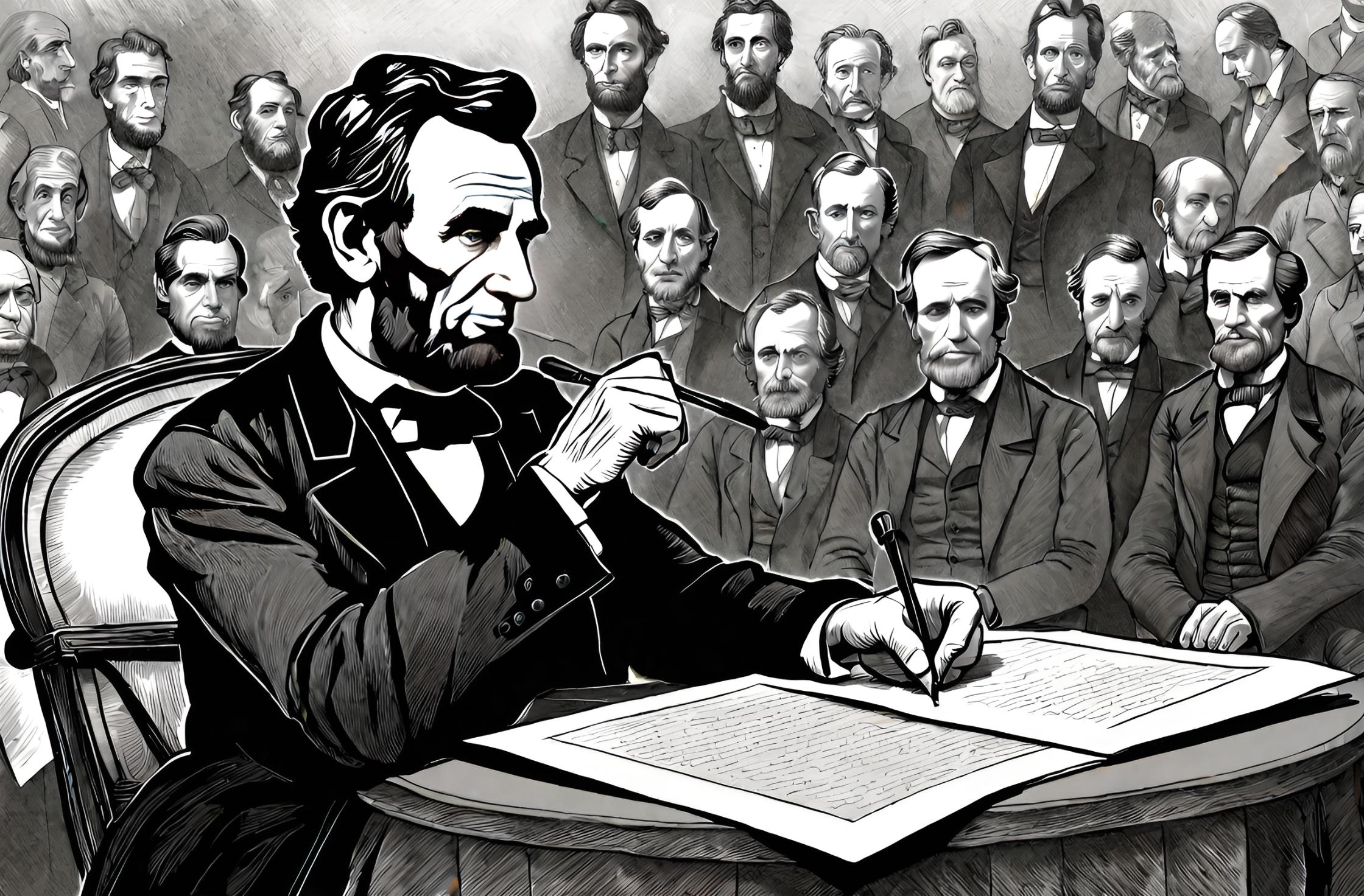Flashback to August 16
American History

On August 16, 1890, a historic event transpired that reshaped the landscape of diplomacy and civil rights progression as renowned journalist and lawyer, Alexander Clark, was appointed as the Minister to Liberia. With this pivotal directive, Clark, already well-recognized for his steadfast contribution to journalism and legal work, became a noteworthy figure in the sphere of international diplomacy. His appointment to Liberia was indeed significant as he was the second African American in the history of the United States to occupy such a high-profile diplomatic post, a testament to both his professional credentials and his impactful role in society. This article discusses Alexander Clark’s appointment, his legacy, and the implications of this remarkable feat.
A great advocate for civil rights, Alexander Clark was more than just a prominent figure. Born in 1826 to an enslaved mother, Clark’s admirable journey took him from his humble beginnings to becoming an influential journalist and lawyer. His journalistic endeavours were revered, recognized for their potent voice against racial discrimination. His vocation as a lawyer further reiterated his commitment towards pushing for equal rights, with his notable involvement in the landmark case, “Clark v. Board of School Directors,” which shaped the course of desegregation in educational institutions in Iowa.
Despite possessing an array of commendable professional accolades, Clark’s appointment as Minister to Liberia did not merely capitalize on his established professional identity. Rather, the appointment stood as a potent symbol of racial progression at that point in history. It signified headway in the fight against racial discrimination, reinforcing the much-needed narrative of racial equality and illustrating the changing perception towards African Americans’ roles within significant societal structures.
Understanding the impact of Clark’s appointment requires an appreciation of the sociopolitical climate of both Liberia and the United States during the period. Established by American slaves seeking freedom, Liberia represented a beacon of liberty, furthered by Clark’s appointment. Examining this through the lens of the United States, the government’s decision to assign an African American to this position demonstrated a crucial recognition for racial equality, albeit gradual.
Alexander Clark’s story is one of triumph, resilience, and a relentless commitment to propagating significant societal change. His journey as a journalist and lawyer, his involvement in landmark legal cases fighting racial discrimination, and his appointment as Minister to Liberia coalesce to form an inspiring narrative that continues to evoke admiration and respect.
Alexander Clark’s appointment as Minister to Liberia is not merely a story of personal success. It serves as a broader reflection of the strides made in recognition of racial equality during the period. Despite the considerable challenges that continued to linger in the post-civil war era, Clark’s appointment sheds light on the progress of equality. Indeed, the tale of Alexander Clark and his journey from journalist and lawyer to Minister to Liberia remains a testament to the potential for transformation and progression within society.
We strive for accuracy. If you see something that doesn't look right, click here to contact us!
Sponsored Content

Emancipation Proclamation signed
"Commemorate the pivotal moment…

Alexander Clark, journalist/lawyer, named…
On August 16, 1890,…

A McDonnell Douglas MD-82…
Northwest Airlines flight 255,…

The Crandall Canyon Mine…
On August 16, 2007,…

US explorer William Beebe…
Pioneering US explorer, William…

Roller coaster patented.
On August 16, 1898,…

